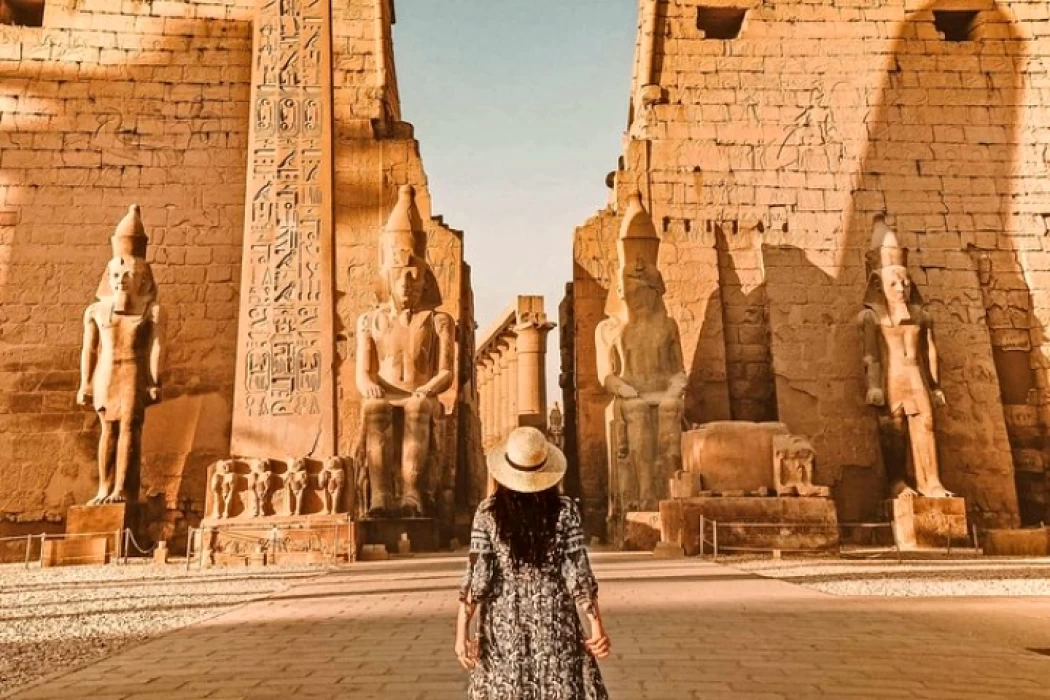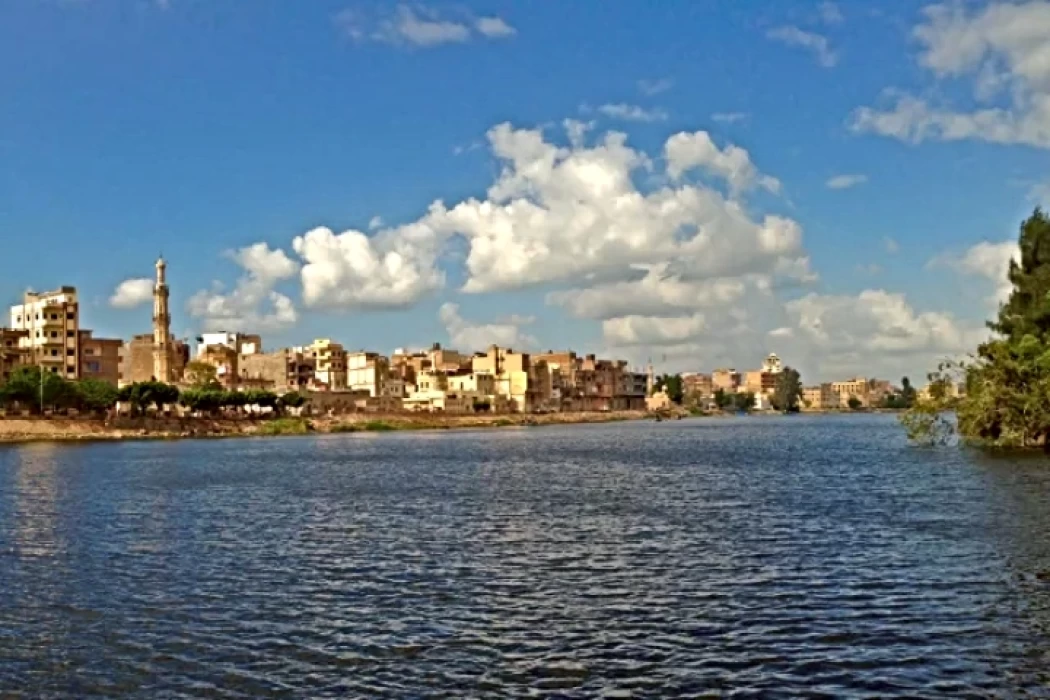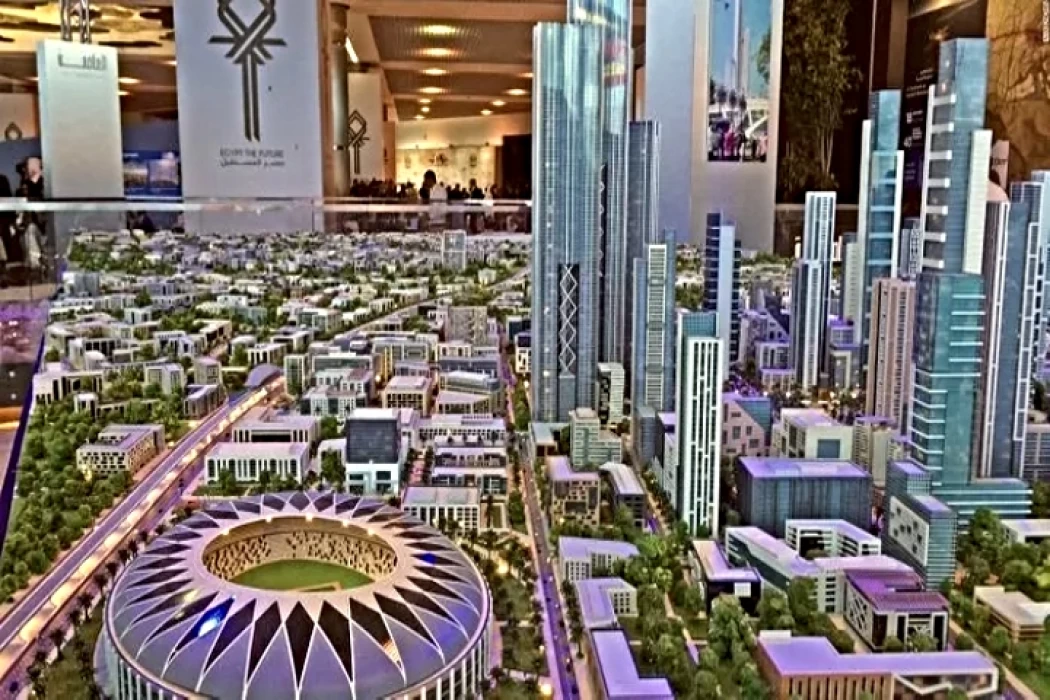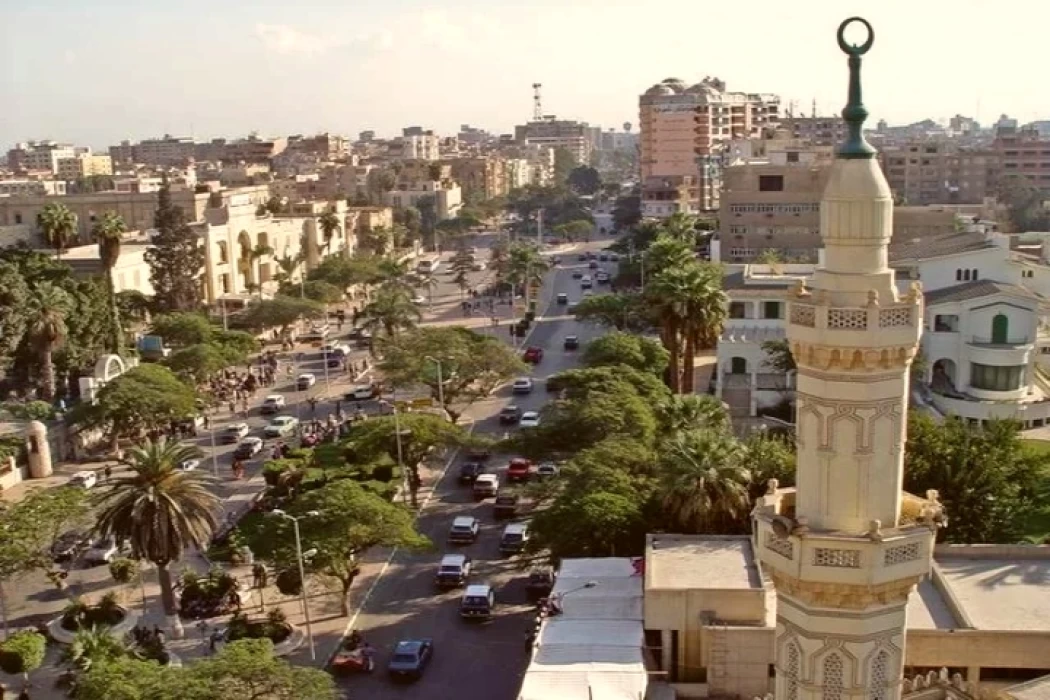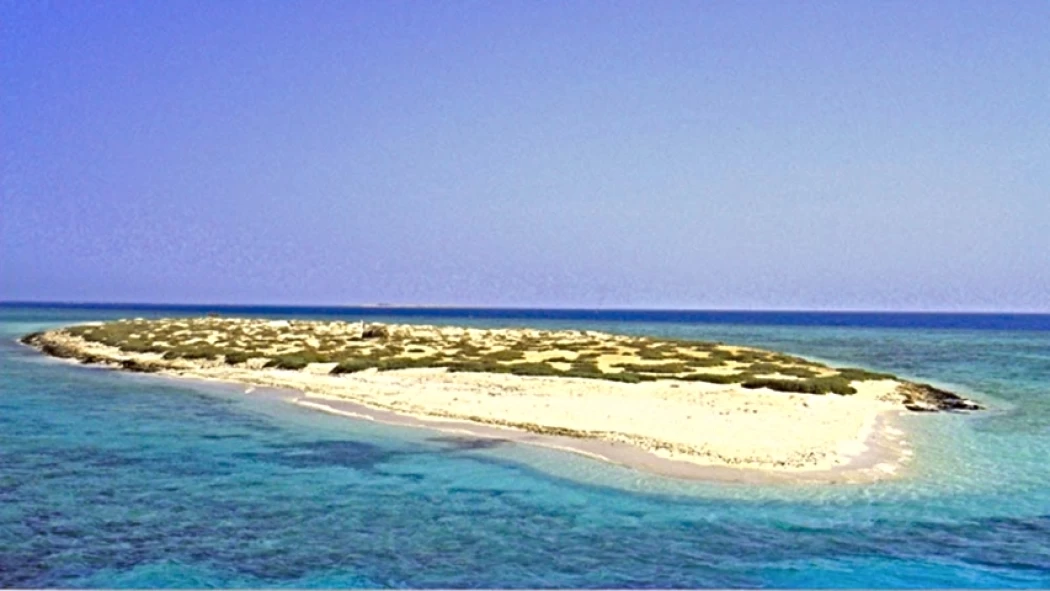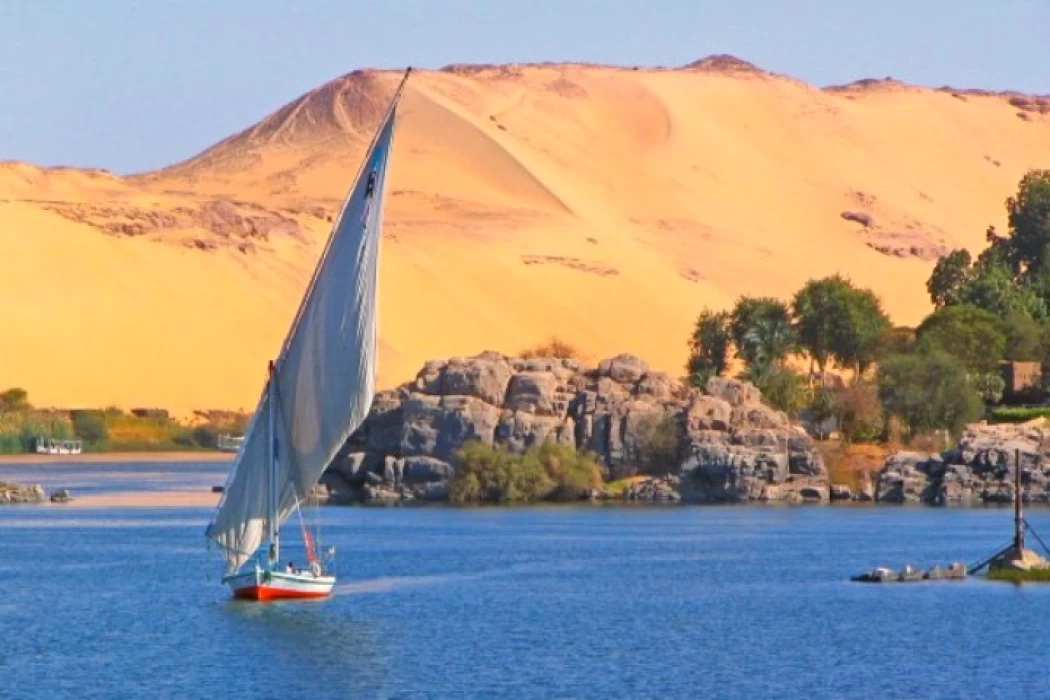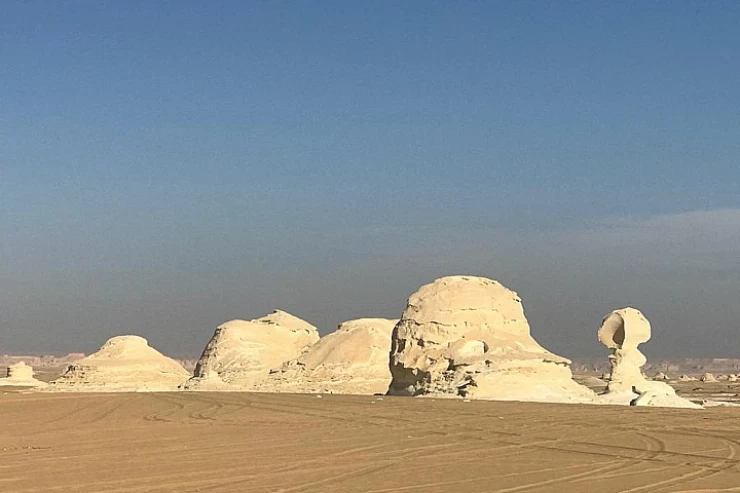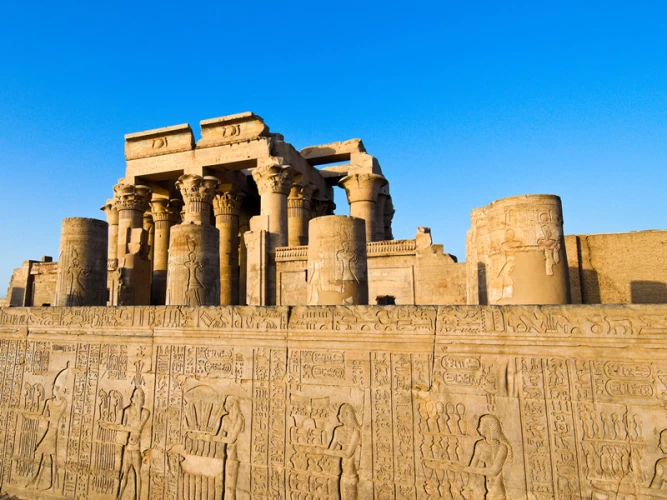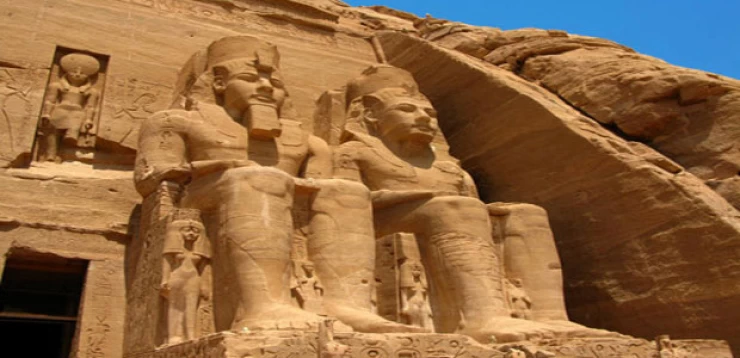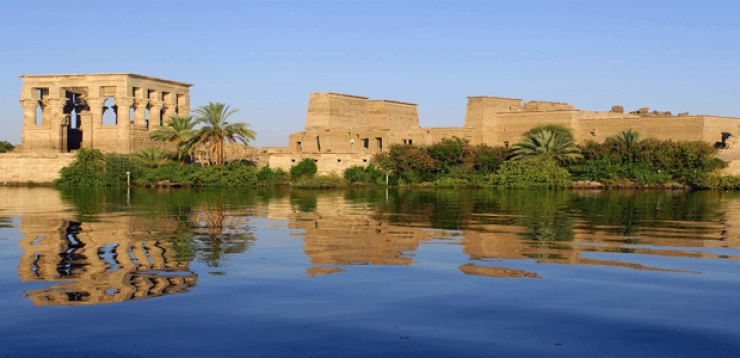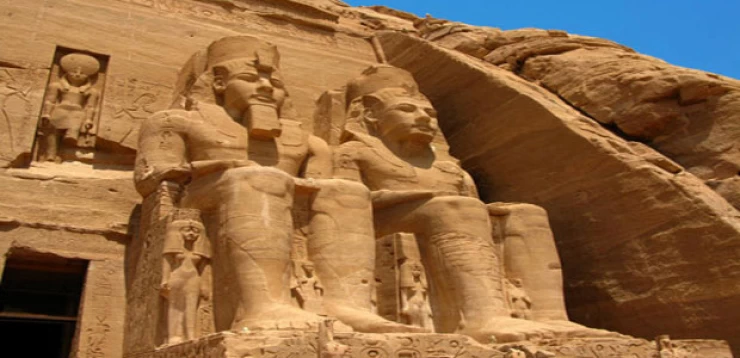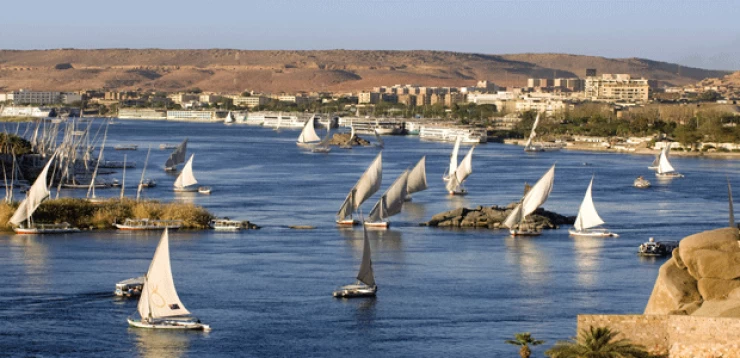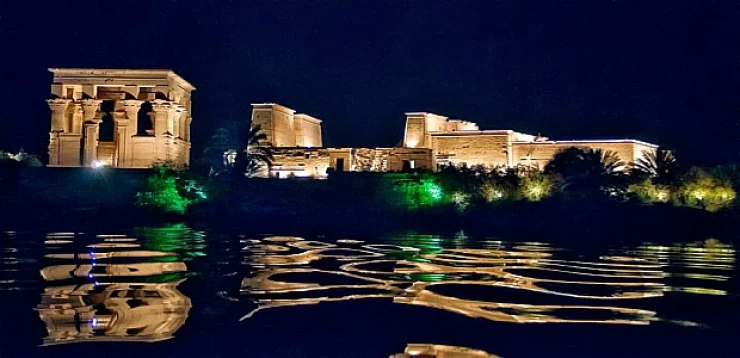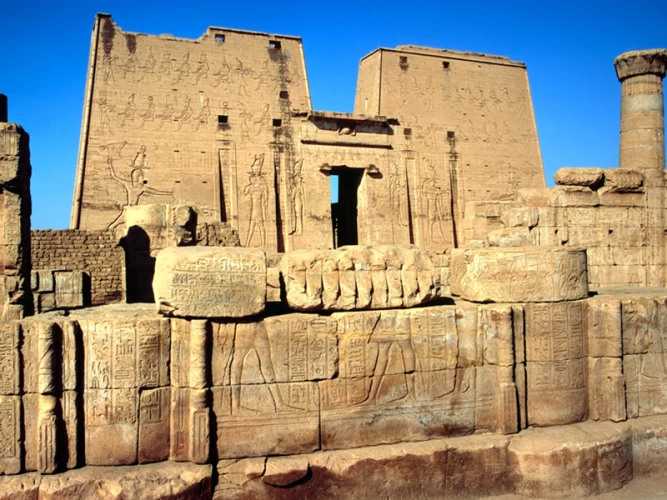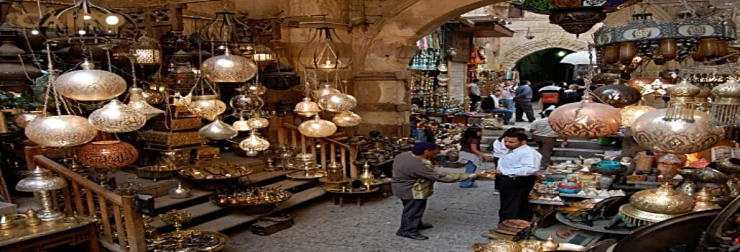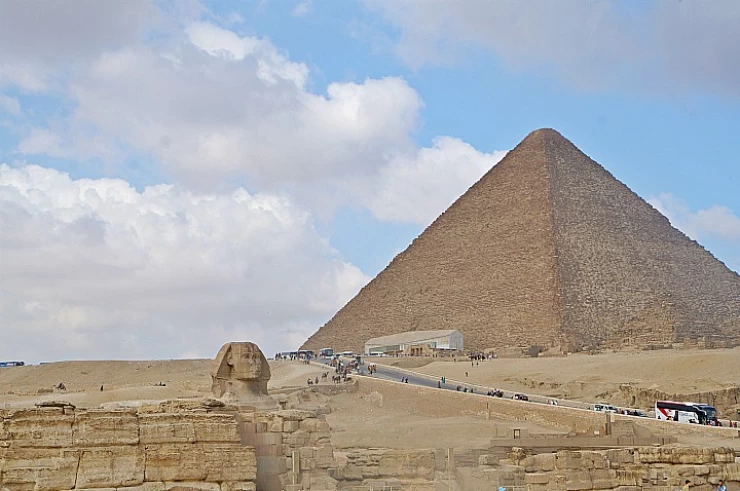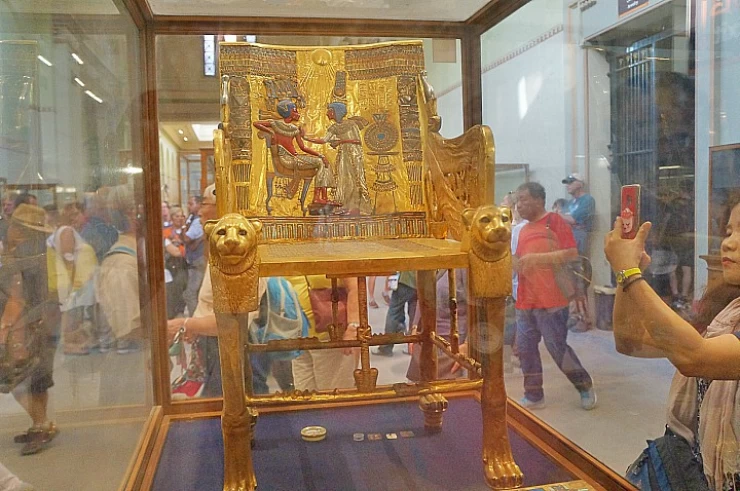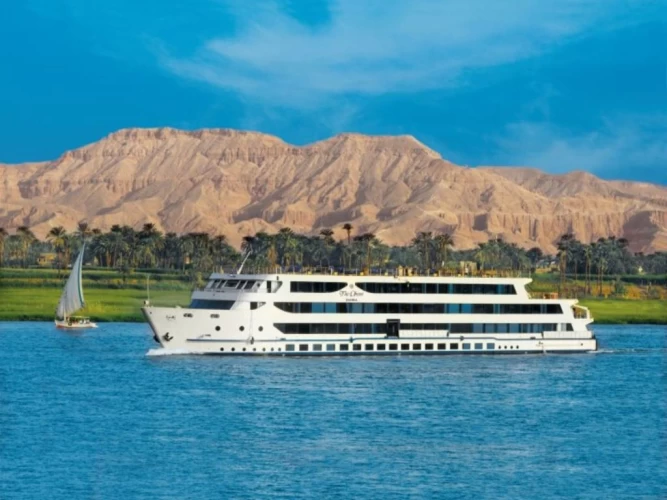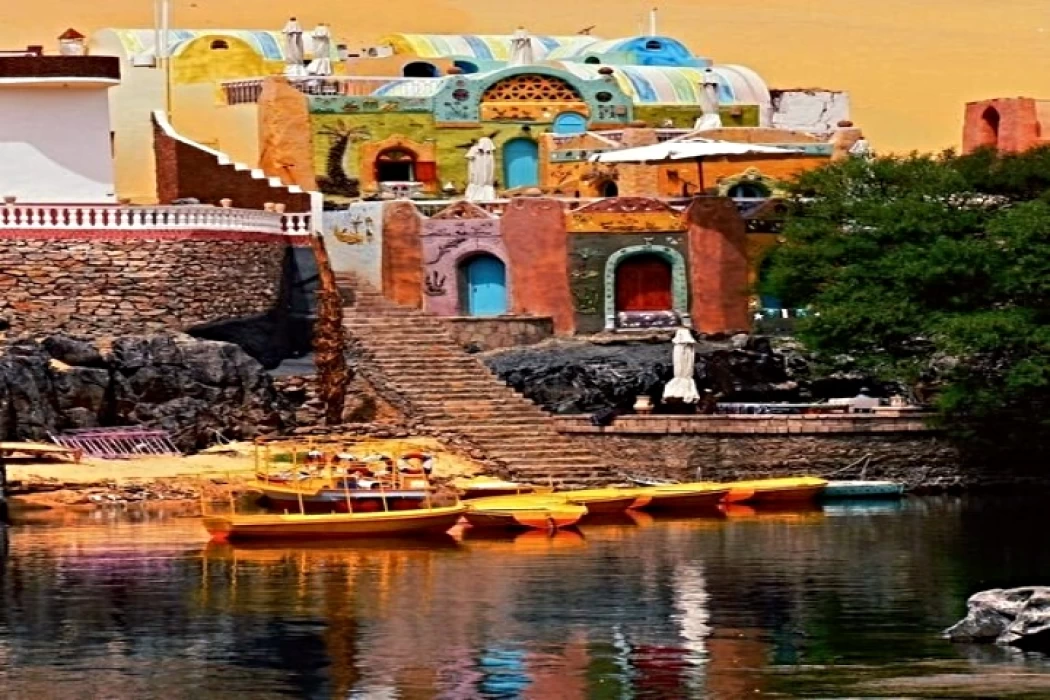
Aswan Governerate in Egypt
About Aswan Governerate in Egypt
Aswan was known as ‘Sonu’ in ancient Egyptian times, meaning market, as it was a trading centre for caravans coming to and from Nubia. In the Ptolemaic era, it was called ‘Sin’ and the Nubians called it ‘Yaba Swan’. It was also known as the Land of Gold because it served as a great treasure or tomb for the kings of Nubia who lived there for thousands of years. Before the migration, Aswan's borders extended from Asna in the east to the border of Sudan in the south, and its inhabitants were Nubians, but after the Islamic conquest of Nubia, some Arab tribes settled there.
Aswan's significance dates back to the Old Kingdom, when it served as the nation's southern boundary. It was also the centre of the gathering of armies in the Middle Ages as they tried to extend their rule southwards. It also played a crucial role in the fight against the Hyksos.
The island of Philae, home of the goddess Isis, also attracted the attention of the Ptolemies, who completed its great temple. The Romans also built temples in the Pharaonic style to get closer to the Egyptians. One example is a small temple on Philae Island built by Emperor Trajan.
When Christianity became the official religion of the country in the 5th century AD, most of the Pharaohs' temples were converted into churches, and Philae Island was the centre of one of the bishoprics, which led to the spread of Christianity south towards Nubia in Egypt and Sudan. Since the spread and emergence of Islam, many writings in Kufic script have been found dating back to the first century AH.
Aswan also flourished in the Islamic era in the 10th century AD and was a route to Ayyazab on the Red Sea coast, from where ships sailed to the Hejaz, Yemen, and India. It was also an important cultural centre in the sixth and seventh centuries AH, and it had three schools, the oldest of which were the Aswan School, the Seifiya School, and the Star School in Aswan. Muhammad Ali established the first military school in Egypt in 1837.
Ancient times
Eratosthenes refuted the flat earth theory and made the first calculation of the circumference of the globe, taking Siena as the centre and Alexandria as the peripheral point to calculate the length of the arc between the two points and the angle of incidence of sunlight on each of the two cities, including the circumference of the earth. Eratosthenes relied on the sun's perpendicularity to the Tropic of Cancer (passing roughly through Aswan) on 21 June.
Christianity came to Egypt in many ways, as the first apostle who came to Egypt was Bartholomew the Apostle before the year 60 AD, and Bartholomew came to Sono ‘Aswan’ in 60 AD with Matthew the Apostle, and Matthew set off from Sono to Abyssinia, and Bartholomew set off from there to Armenia, and in 60 AD came to Alexandria, Marmarq the Apostle, and established the Markan chair and was killed there in 68 AD at the hands of the Pharaohs and the Greeks. The saints who were born in Aswan are Anba Hadra, the tourist.
First: The original inhabitants are the Nubians, divided into two tribes (Kanouz and Fajikat). The number of Nubians in Aswan is approximately 30 per cent, and the Nubian dialect is the reason for their name.
Secondly: Arabs, who came with the Islamic conquest of Egypt and took up residence in Aswan, the number of Arabs is 50%, and they are divided into more than ten tribes, the most famous of which are (Jaafra - Bashariya - Ababdeh - Ansar - Al-Alaqilat - Bani Hilal), and because they speak the Arabic language, their name came Arab, unlike the Nubians and not because they are nomads, in some countries they call the Bedouins Arabs.
Third: The rest of the population are displaced Egyptians who live in Aswan to earn a livelihood on a temporary and permanent basis.
Latest Articles
Admin
About Luxor Governorate in Egypt
The South Upper Egyptian area is home to the Egyptian governorate of Luxor. Its capital is Luxor, which was formerly Thebes, the capital of Egypt throughout multiple pharaonic eras. Its centers and cities are spread over both sides of the Nile River. The said governorate was established by Presidential Decree No. 378 of 2009, which was promulgated on the 9th of December of that year.
Admin
History of kafr El Sheikh Governorate
Kafr El Sheikh Governorate, located in the far north of Egypt in the Nile Delta, overlooking the Mediterranean Sea, is characterised by the diversity of natural life and environments, and is one of the Egyptian cities that can be visited after the end of the first semester exams at universities and schools, as it features many diverse tourist and recreational places at symbolic prices within everyone's reach.
Admin
Egypt's New Administrative Capital
The New Administrative Capital is considered the project of the era because it reflects a perfect image of the future and progress on the economic, cultural, social and civilisational level, as the capital is considered the new capital of Egypt at the present time. The importance of the New Capital is that it is a comprehensive transformation of the future of buildings, services and national and mega projects in Egypt.
Admin
Al Gharbia Governorate
The Governorate of Gharbia is inclusive in the geographical area of The Arab Republic of Egypt which is in the African continent, more specifically in the region surrounding the Nile delta, between Damietta and Rashid governance. To the control of the region from the north is Kafr El-Sheikh Governorate, from the south Menoufia Governorate, from the east – Dakahlia, Qalyubia Governorates, and to the west is the Beheira Governorate.
Admin
Hamata Islands (Qulaan Archipelago) in Marsa Alam
Each reserve has several sectors. In Wadi El Gemal Reserve, there is one of the natural areas called the Hamata area or Hamata sector in Wadi El Gemal Reserve. Its sectors are the perfect and most ecological, land and water, and host countless animals and plants found in the oceans and on the land.
Admin
Best Things to Do in Nile River
The Nile’s tourism potential is excessive; from southern Egypt and all the way to the northern regions, The Nile River makes some of the most pleasant tourist places in Cairo on the Nile, for Egyptian dwellers and even the visitors, who traveled to Egypt for the pleasures of the country and people.
